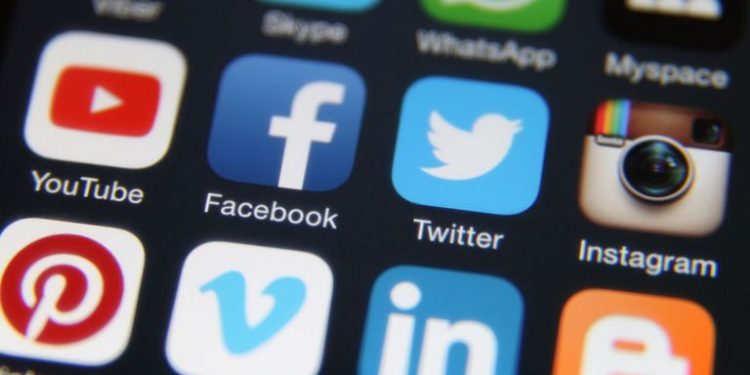Colombo: The Sri Lankan government has blocked some social media platforms following rising tensions between the minority Muslims and majority Sinhalese in the wake of the Easter Sunday bombings which killed nearly 260 people. Both Facebook and WhatsApp have been blocked from midnight.
The blockade comes a day after Sri Lankan police imposed curfew in the country’s western coastal town of Chilaw where a mob attacked a mosque and some shops owned by Muslims in a dispute that started on a Facebook post by a Muslim shop owner.
Late Sunday evening, the unrest spread to Kuliyapitiya where a mosque and a few Muslim owned shops came under attack, prompting the authorities to impose curfew in the northwest town.
“The curfew imposed in Kuliyapitya and Chilaw has been lifted,” police spokesman Ruwan Gunasekera said here Monday. The violence is a fallout from the Eastern Sunday’s suicide bombings.
The majority nationalist groups have been active on Facebook, reviving calls for boycotts of Muslim-owned businesses and spreading hate.
It should be stated here that the Sri Lankan government has previously blocked social media several times after the Eastern Sunday bombings to prevent the spread of false news reports. The curfews came as Catholic churches held their first Sunday mass amid tight security.
The security remained tight Monday as another warning of a possible attack later in the day was doing rounds. The primary schools which did not open after the attacks resumed classes Monday with low attendance.
Sri Lanka has a population of 21 million which is a patchwork of ethnicities and religions, dominated by the Sinhalese Buddhist majority. Muslims account for 10 per cent of the population and are the second-largest minority after Hindus. Around seven per cent of Sri Lankans are Christians.






































